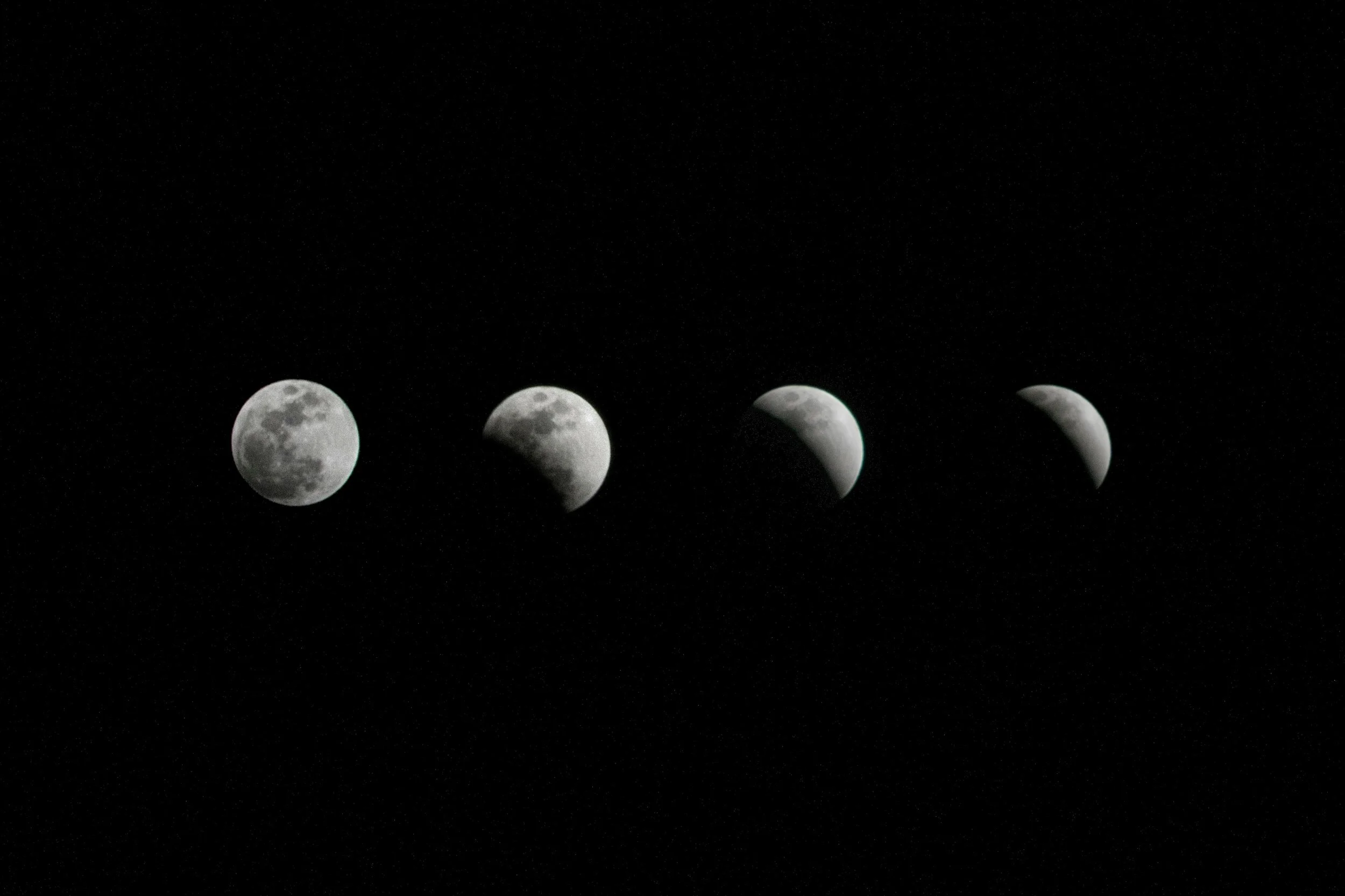Issue 191: Can Mindfulness Help Climate Change?
Welcome to Backstory, a weekly newsletter turning global technology shifts into a three-minute read. This week, we’re thinking about climate change. – Mary Ames, Director of Strategy
THE BIG TAKE
Climate change is not just an environmental or technological issue; it is deeply intertwined with global consciousness and our collective mindset. As our planet faces unprecedented challenges, from melting ice caps to extreme weather events, the urgency to address these issues becomes more apparent. Yet, despite our advanced scientific understanding and technological capabilities, we seem to be missing a crucial piece of the puzzle—how our collective consciousness impacts and is impacted by these global crises. This gap in our approach highlights the need for a broader perspective that includes our internal landscapes in the dialogue about climate change.
The power of the mind. Mindfulness, stripped of any religious connotations, emerges as a powerful tool in this context. It is the practice of being fully present and engaged in the moment, aware of our thoughts and feelings without distraction or judgment. By fostering mindfulness, individuals can develop a deeper connection to themselves, to others, and to the natural world around them. This heightened awareness can lead to more thoughtful and sustainable choices, as it helps individuals recognize the impact of their actions on the environment and encourages a more compassionate and considerate approach to living.
The global consciousness for good. Looking towards the future, especially in regions like the Middle East where environmental conditions are particularly challenging, integrating mindfulness into the fabric of society could be transformative. By cultivating a collective mindset that values interconnection and sustainability, communities can become more resilient and adaptive to the changes required to mitigate climate change. Encouraging mindfulness could inspire innovative solutions that respect the delicate balance of our ecosystems and promote harmony between human activities and the natural world. This shift in perspective is essential for creating a sustainable future where mindful actions contribute to the well-being of the planet and all its inhabitants.
QUOTE OF THE WEEK
“Nature is a book of many pages and each page tells a fascinating story to him who learns her language.”
– A E Douglass, American astronomer
CHART OF THE WEEK
This week, we are thinking about Boeing. The aircraft giant is facing significant challenges. The future of global aviation will be determined by how well the American company handles the next months and years.
SPOTTED ELSEWHERE
SPOTTED ELSEWHERE
Afterlife on the Moon. Have you ever considered a lunar farewell? Celestis Memorial Spaceflights offers an out-of-this-world burial, sending ashes to space. This is a fundamentally new approach to space travel and exploration, but not everyone is happy, as The Economist noted last week. The Navajo Nation in North America is strongly protesting any attempts to put human remains on the moon, as they consider the moon to be sacred. The cosmic cemetery debate raises questions about the final frontier's sanctity versus humanity's extraterrestrial aspirations.
No more open source? The buzz around "open-source Artificial Intelligence" grows, yet its definition remains elusive, stirring debate among tech giants and open-source advocates. While Meta and other companies claim openness, as MIT Tech Review reports, concerns about what constitutes true open-source AI—especially regarding access to training data—highlight a contentious divide. The Open Source Initiative's quest for a universal definition underscores the complexity and competing interests. As AI's influence expands, clarifying open-source principles is crucial for innovation, transparency, and control in the digital age. The Middle East can lead on this issue through sensible legislation.




